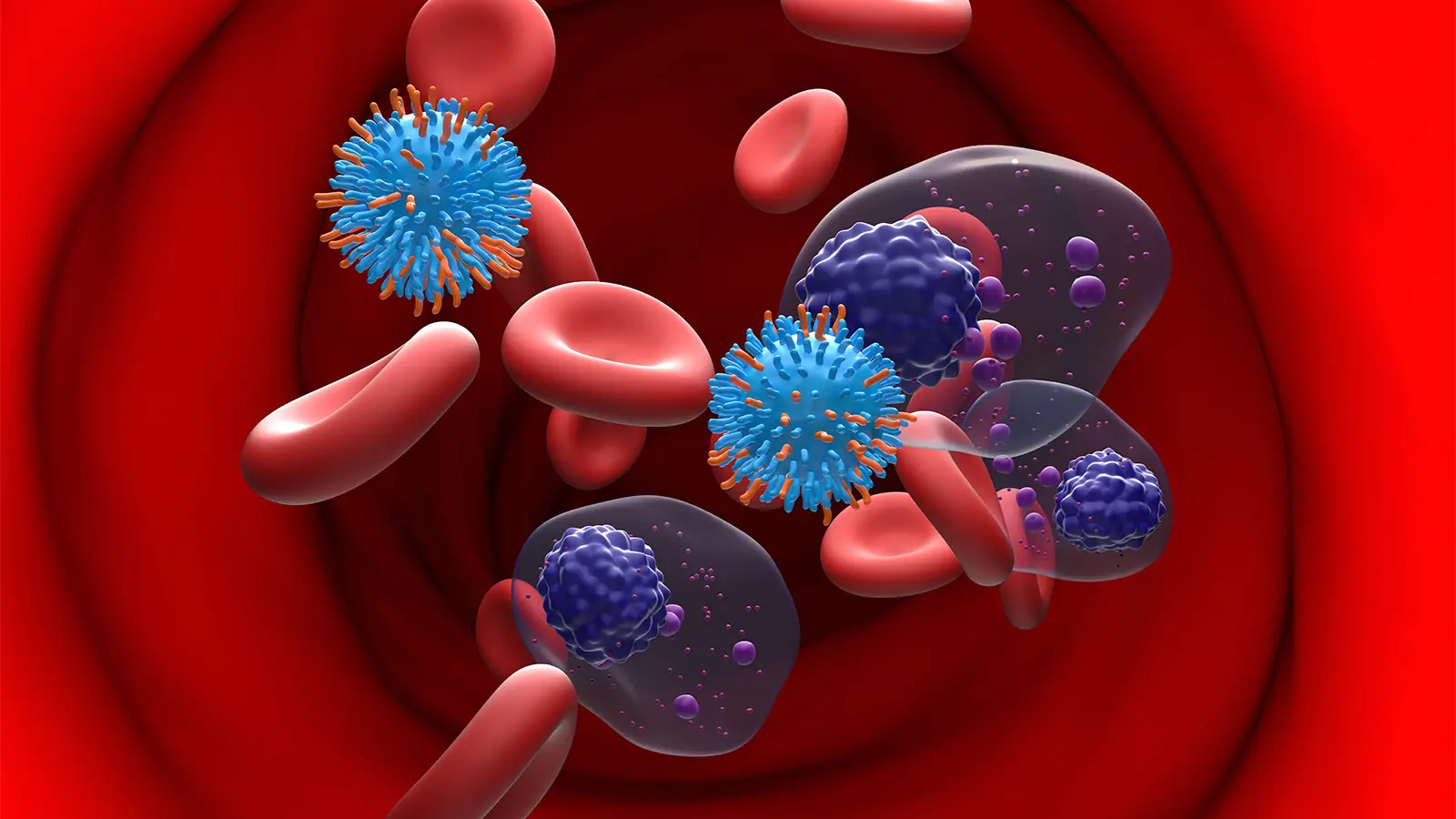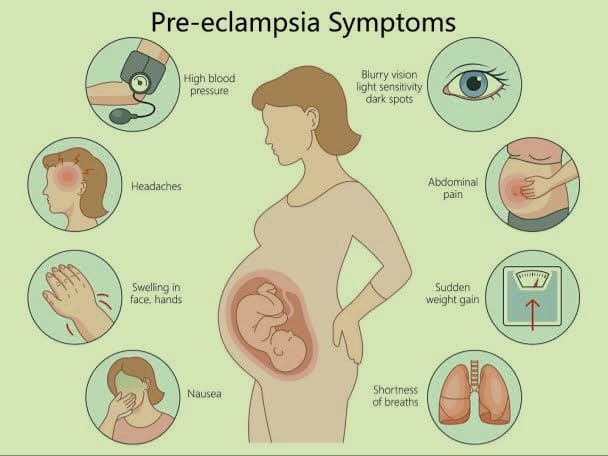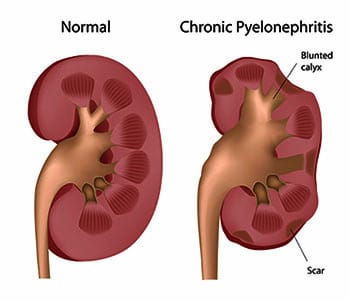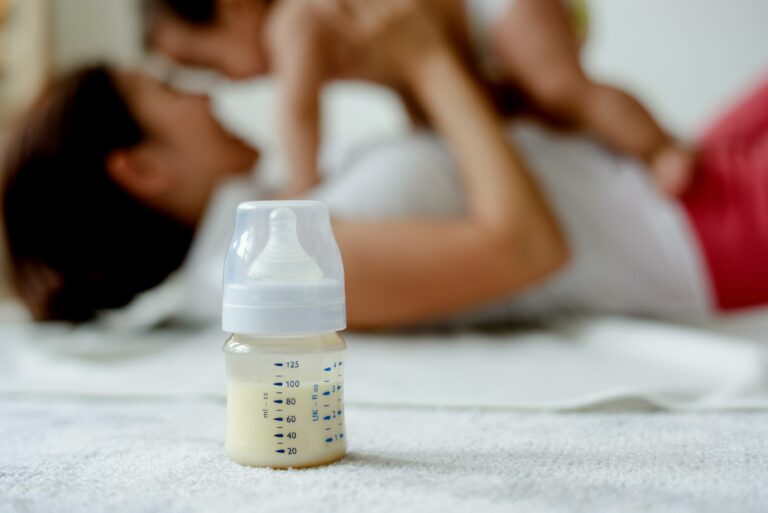Foods that improve hemoglobin in blood
Introduction
Hemoglobin, a crucial component of red blood cells, plays a vital role in transporting oxygen from the lungs to the rest of the body and returning carbon dioxide back to the lungs for exhalation. Maintaining optimal levels of hemoglobin is essential for overall health, energy, and vitality. Fortunately, certain foods can significantly boost hemoglobin levels, offering a natural way to enhance physical well-being. This article explores the best foods to incorporate into your diet for healthy hemoglobin levels, along with lifestyle tips and natural remedies.
Understanding Hemoglobin and Its Role in Health
Hemoglobin is a protein in red blood cells responsible for carrying oxygen. It gives these cells their characteristic red color and is key to cellular respiration, allowing your body to convert nutrients into energy. Low hemoglobin levels, a condition known as anemia, can lead to fatigue, weakness, and shortness of breath, underscoring the importance of maintaining healthy levels through nutrition and lifestyle.
Key Nutrients for Hemoglobin Production
Several nutrients are critical for hemoglobin production and function:
Iron: Essential for making hemoglobin, iron-rich foods include red meat, poultry, seafood, beans, and dark leafy greens.
Vitamin B12: vital for producing red blood cells, found in meat, fish, poultry, eggs, and dairy products.
Folate: Helps form hemoglobin in red blood cells, available in green leafy vegetables, fruits, nuts, and beans.
Vitamin C: enhances iron absorption, with citrus fruits, berries, peppers, and tomatoes being excellent sources.
Top Foods to Boost Hemoglobin Levels
Incorporating a variety of foods rich in these nutrients can help improve your hemoglobin levels.
For Iron: Lean beef, spinach, lentils, and tofu offer substantial amounts. Combine these with vitamin C-rich foods like oranges or bell peppers to enhance absorption.
Vitamin B12 Sources: Salmon, fortified cereals, and yogurt are excellent choices.
Rich in Folate: Include more avocados, broccoli, and legumes in your meals.
Vitamin C Champions: Strawberries, Kiwis, and Brussels sprouts can boost your iron uptake significantly.
Lifestyle and Dietary Tips for Maintaining Healthy Hemoglobin Levels
A balanced diet is crucial. Prioritize variety to cover all nutritional bases, focusing on whole foods over processed ones. Regular meal planning can also ensure you’re getting a wide range of nutrients necessary for healthy hemoglobin levels.
Common Causes of Low Hemoglobin Levels
Low hemoglobin levels can be caused by various factors, including:
Nutritional Deficiencies: Lack of iron, folate, or vitamin B12 can lead to decreased hemoglobin production.
Chronic Conditions: Kidney disease, diabetes, and other chronic conditions often lead to anemia.
Genetic Conditions: Thalassemia and sickle cell anemia can also reduce hemoglobin levels significantly.
Natural Remedies and Practices to Increase Hemoglobin
Several natural remedies can assist in boosting hemoglobin levels:
Herbal Supplements: Nettle leaf, dandelion root, and burdock root are known to enhance blood quality and iron levels.
Diet Adjustments: Consuming iron-rich and vitamin C-rich foods together can improve absorption.
Lifestyle Modifications:
Reducing alcohol consumption and quitting smoking can also improve hemoglobin levels.
Benefits of Maintaining Healthy Hemoglobin Levels
Maintaining healthy hemoglobin levels helps not only in improving energy and vitality but also in enhancing mental clarity and preventing conditions like anemia. Optimal hemoglobin levels also reduce the risk of chronic health issues and support immune function.
Conclusion
Maintaining healthy hemoglobin levels is essential for energy, well-being, and overall health. By focusing on a diet rich in iron, vitamin B12, folate, and vitamin C, you can naturally boost your hemoglobin levels. Start incorporating these nutrient-packed foods into your daily meals and embrace the additional lifestyle tips to enjoy the myriad health benefits they offer.







